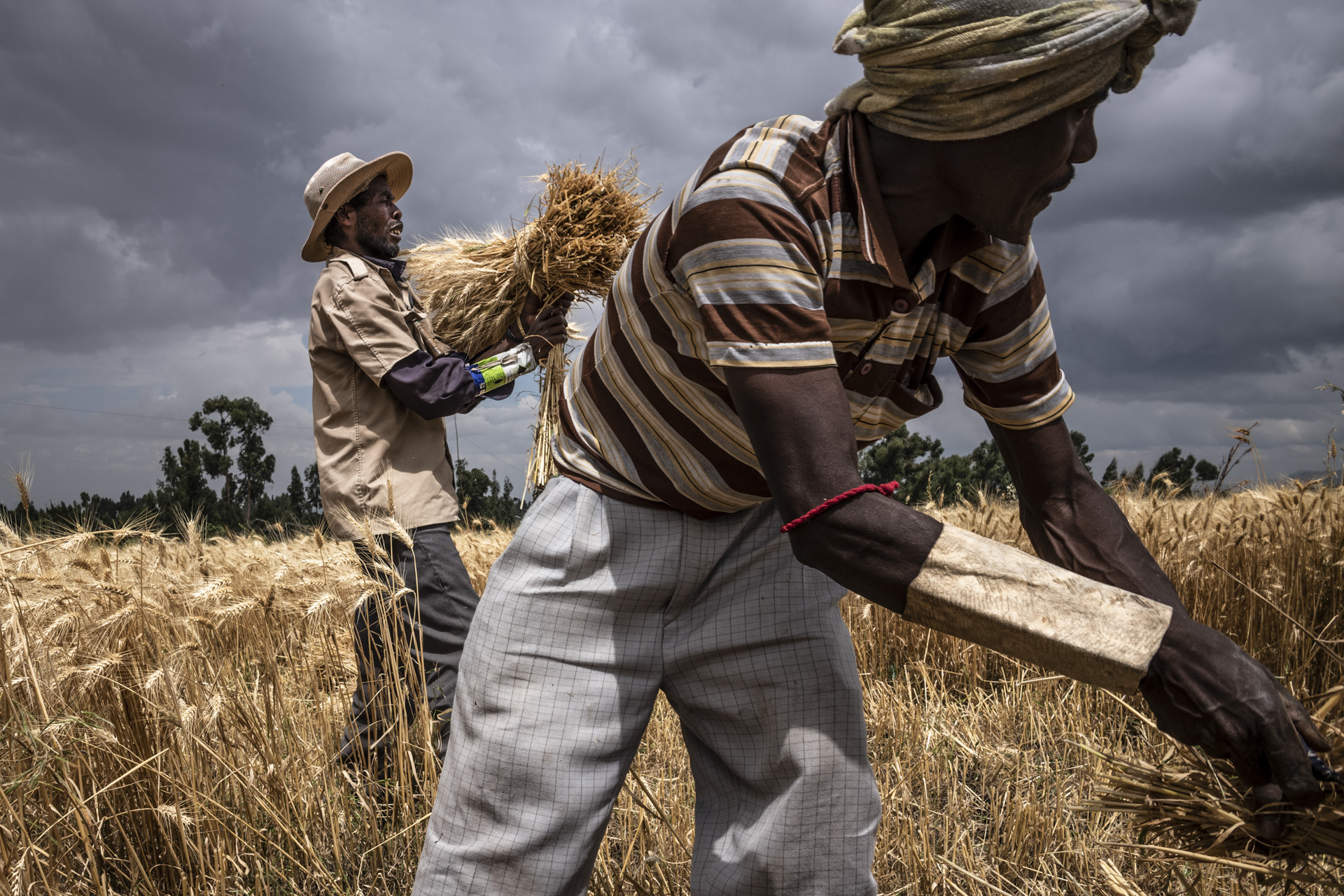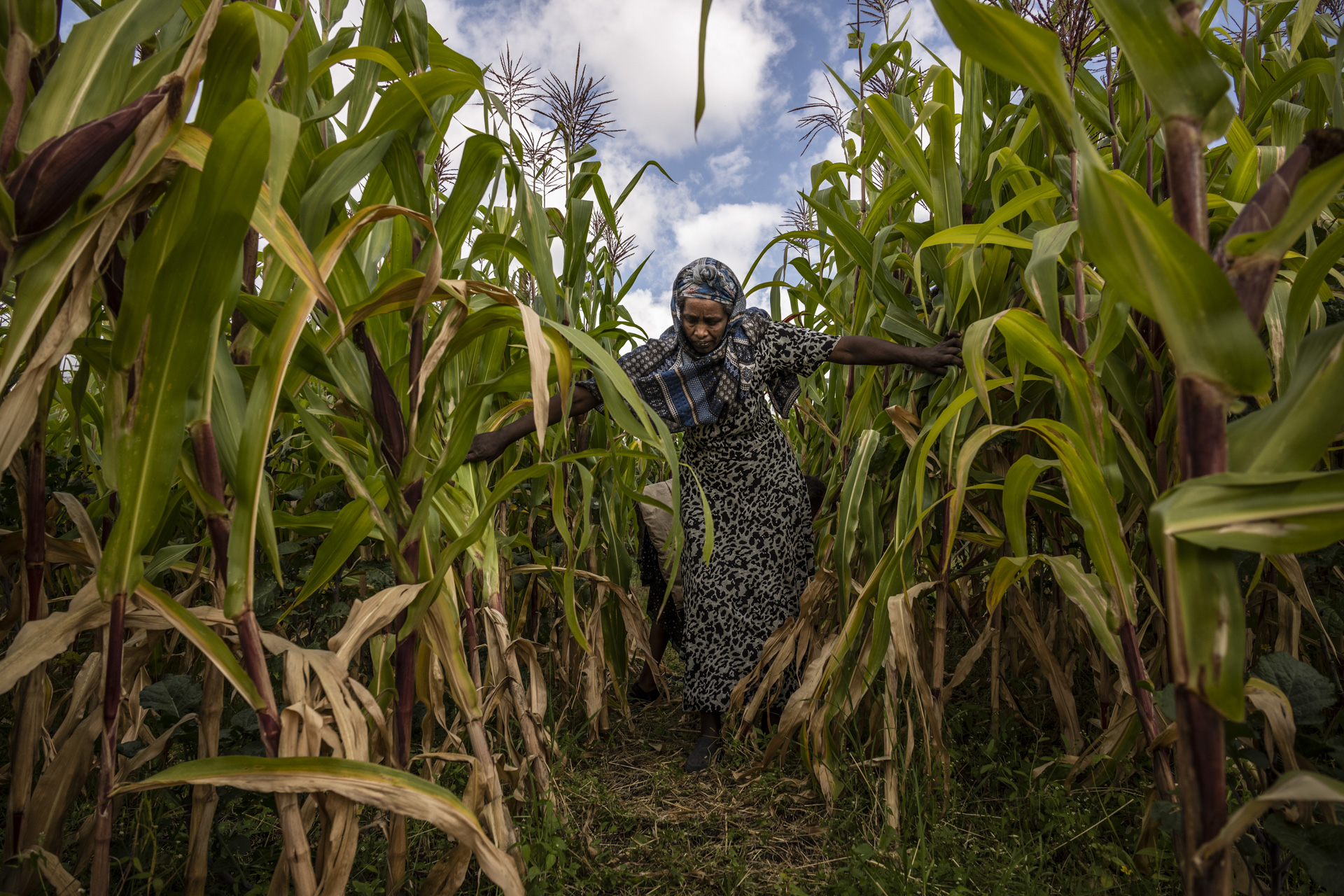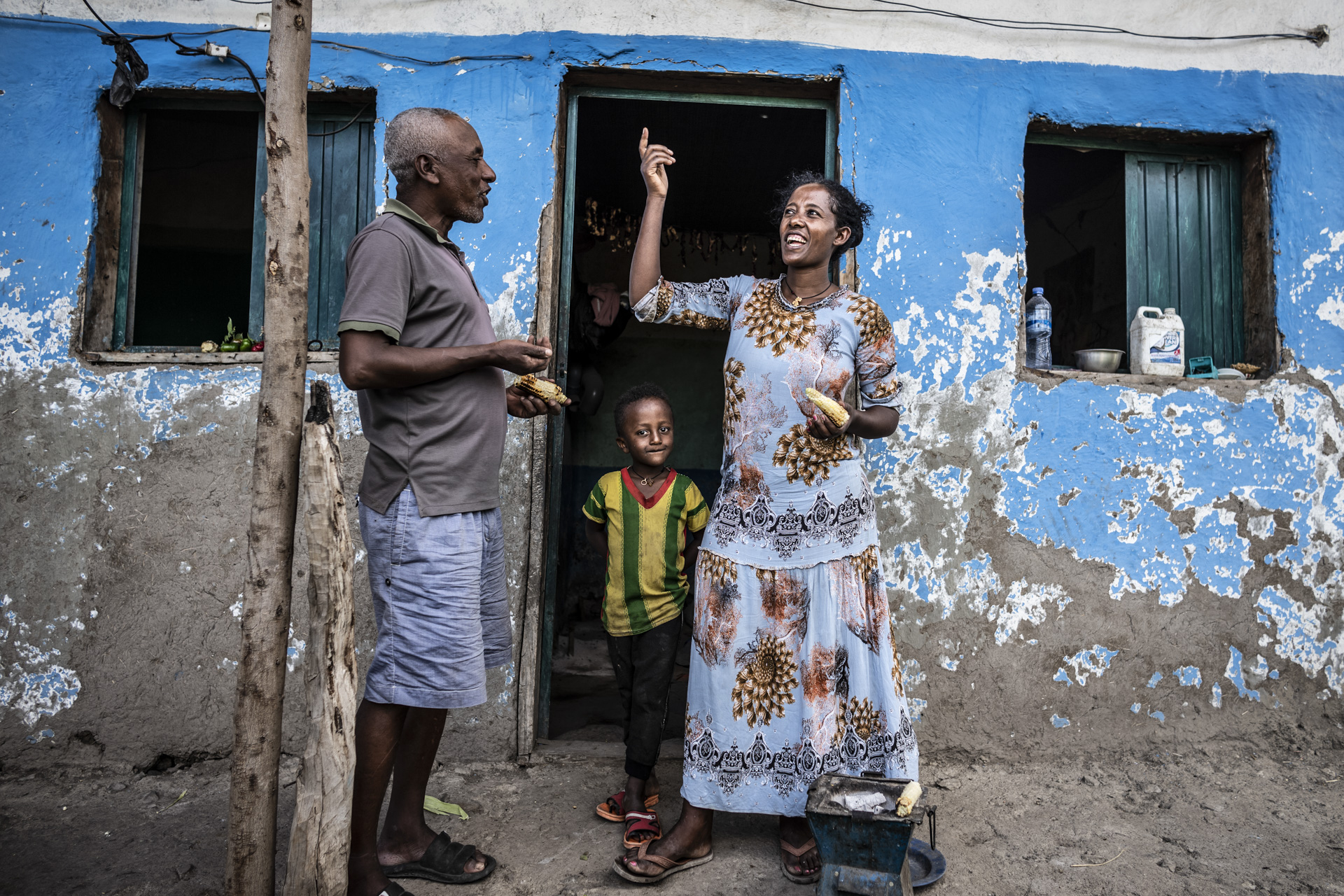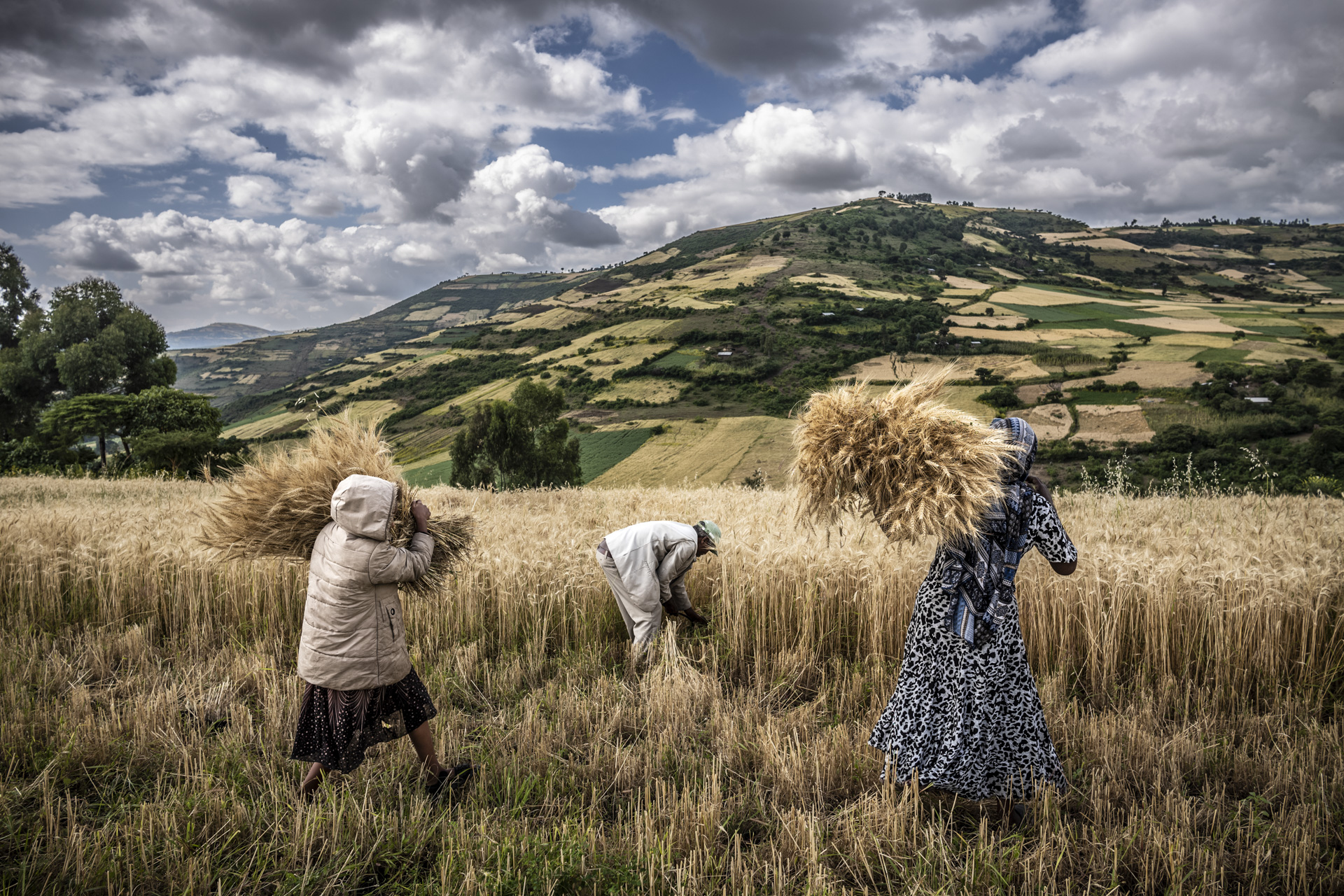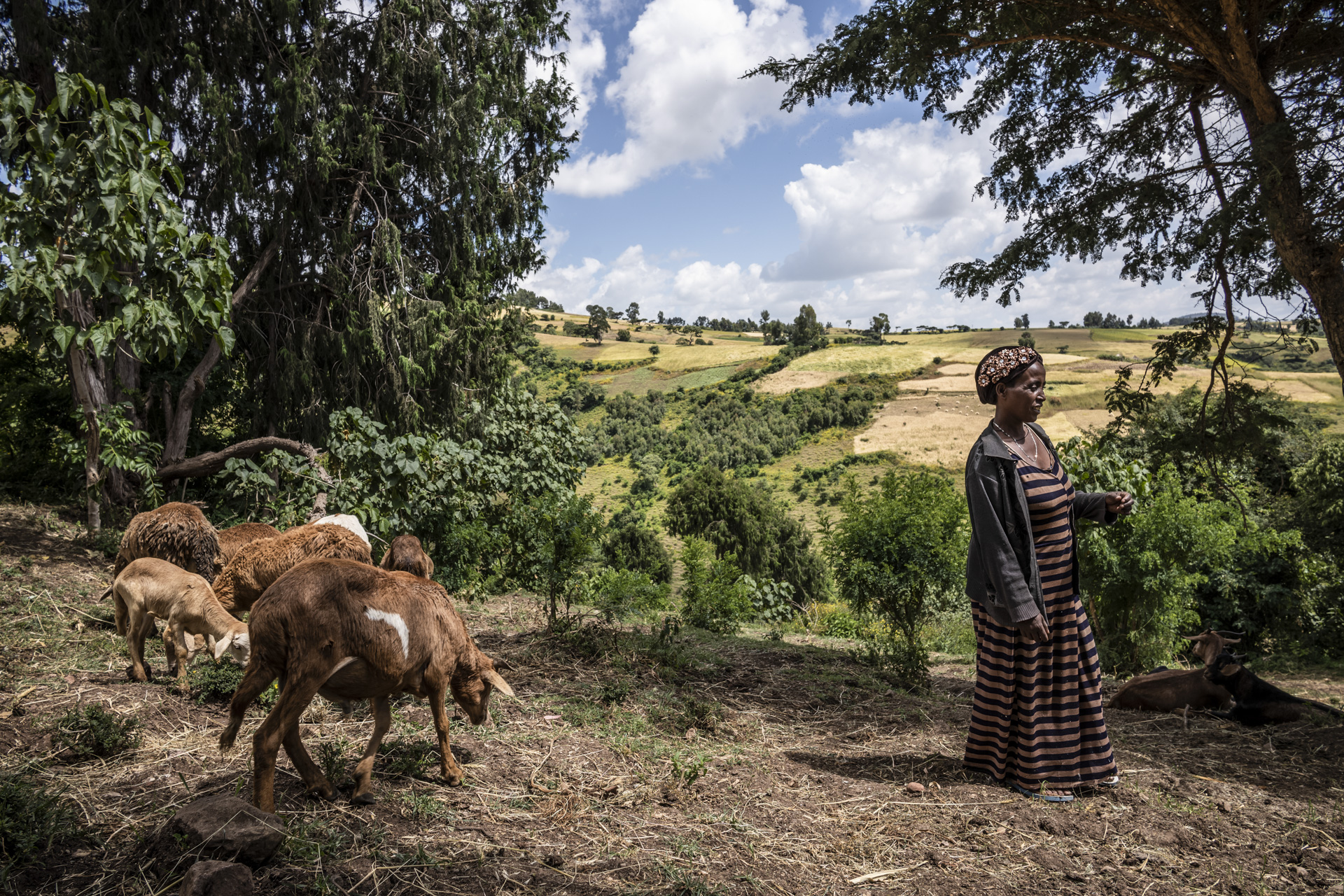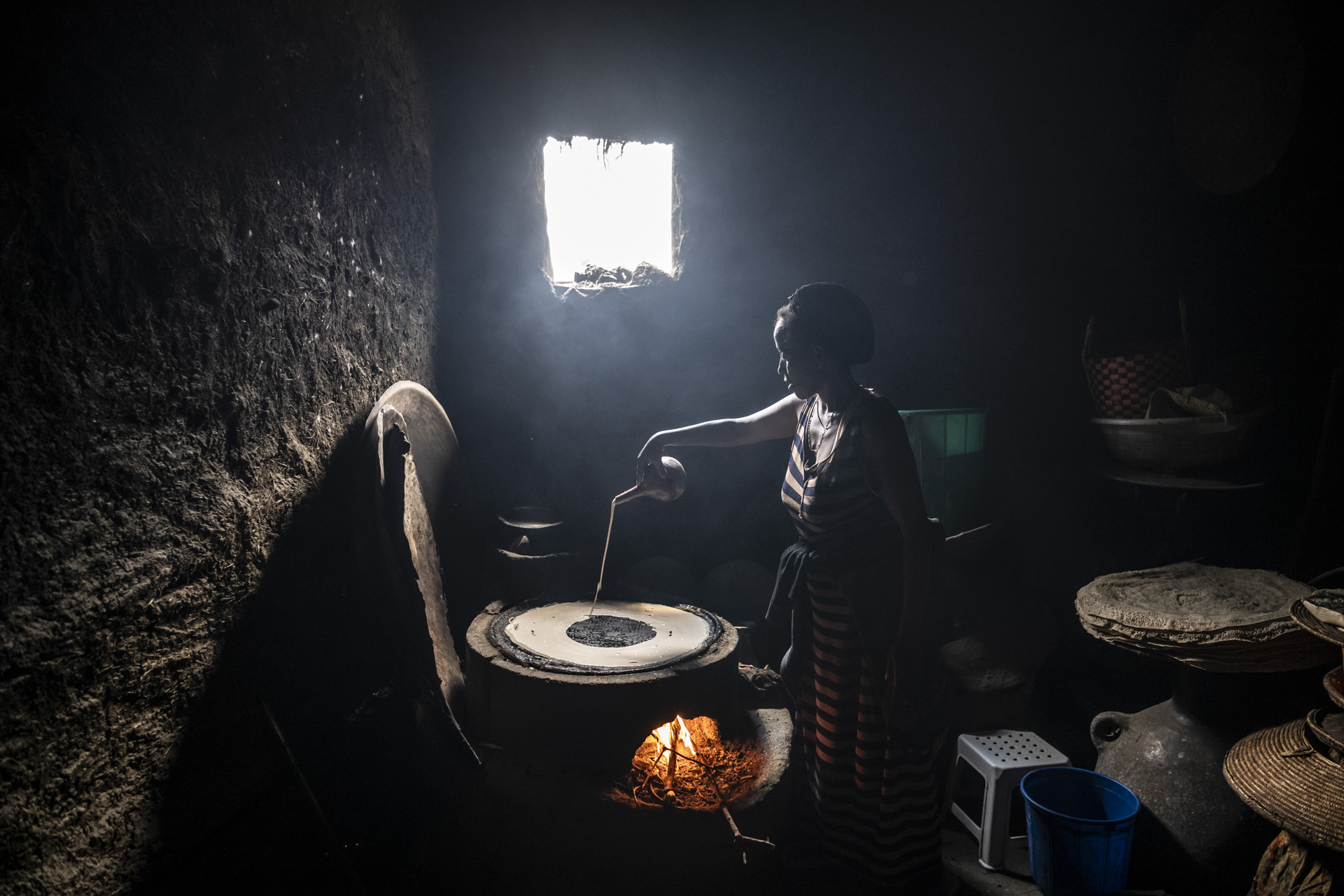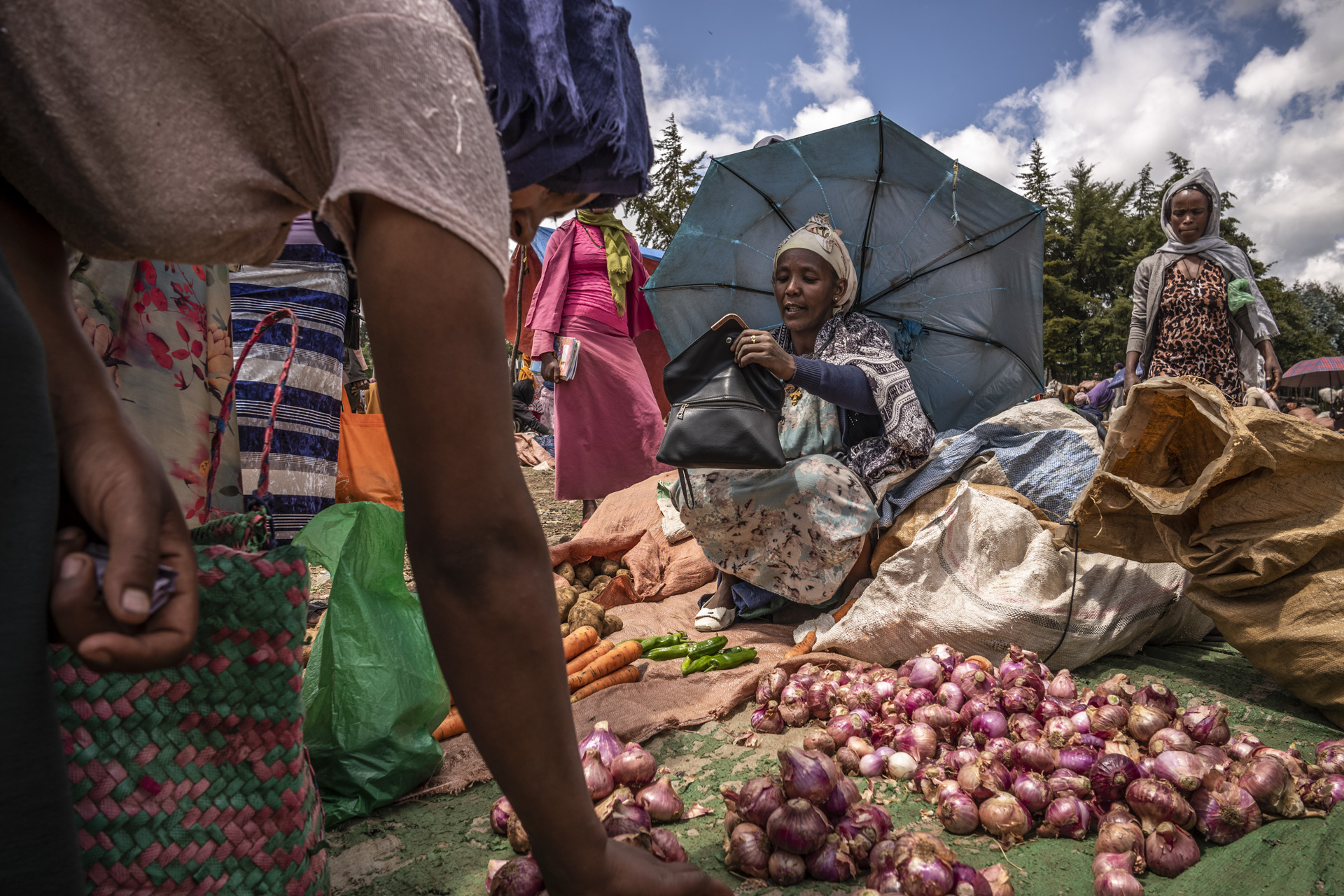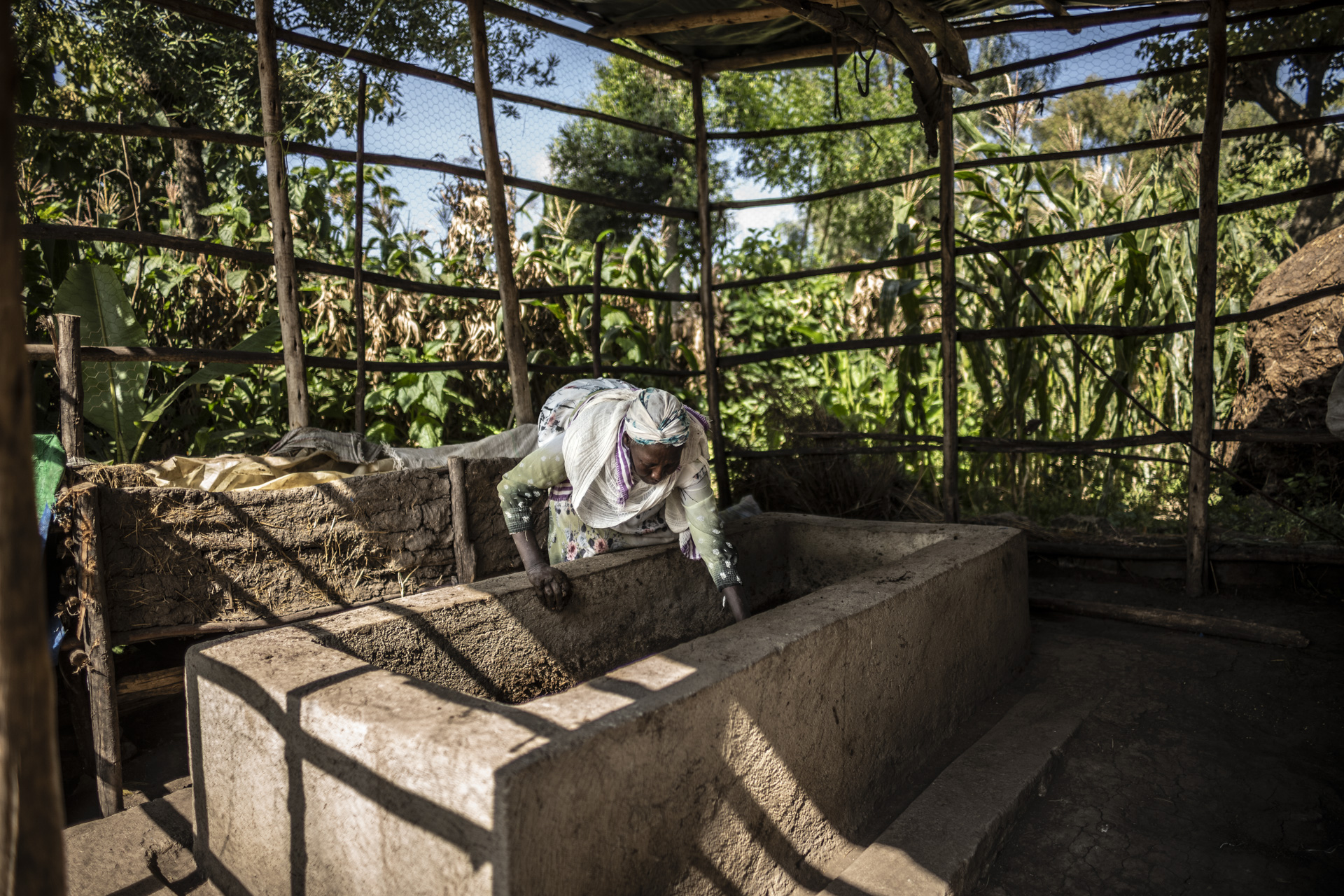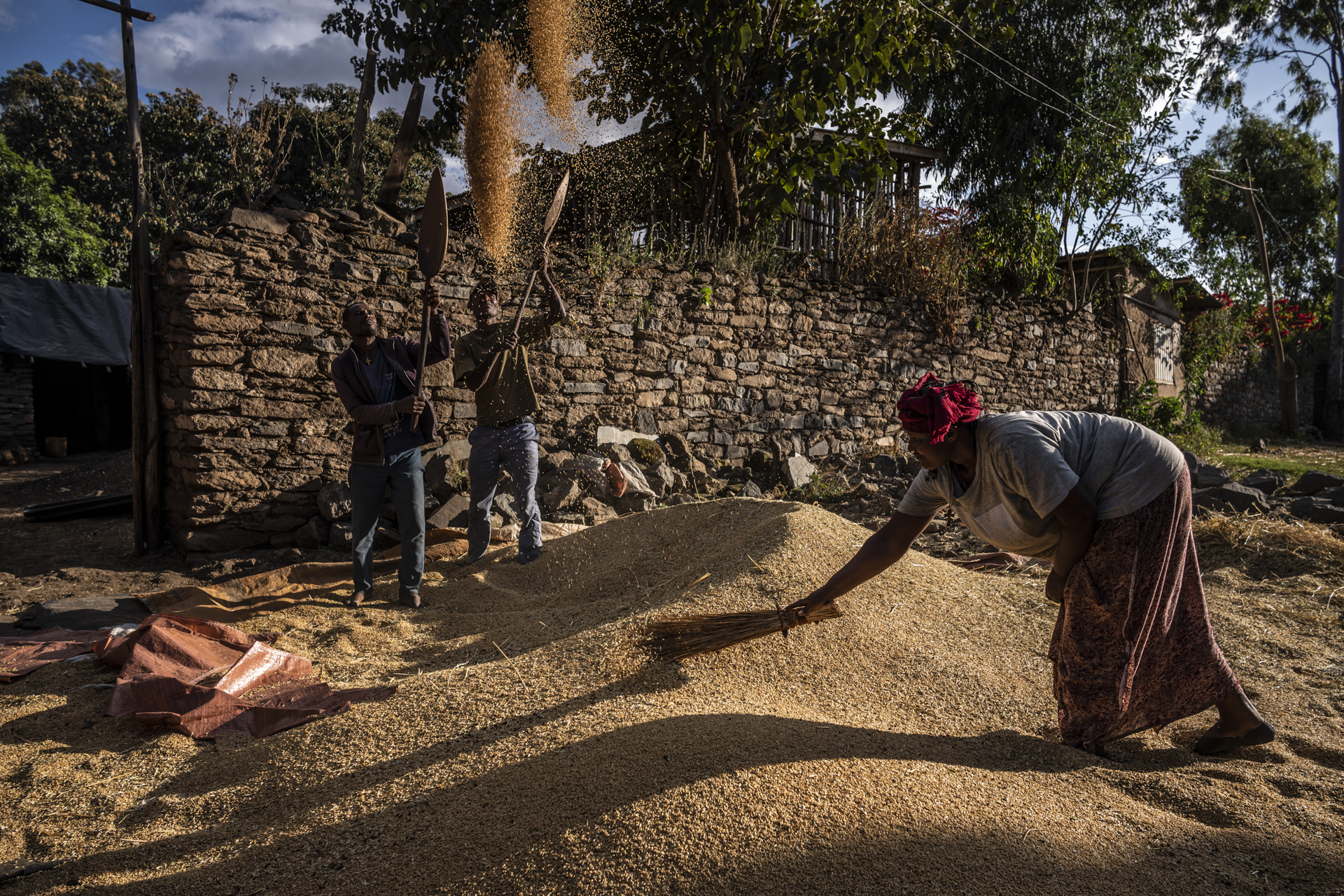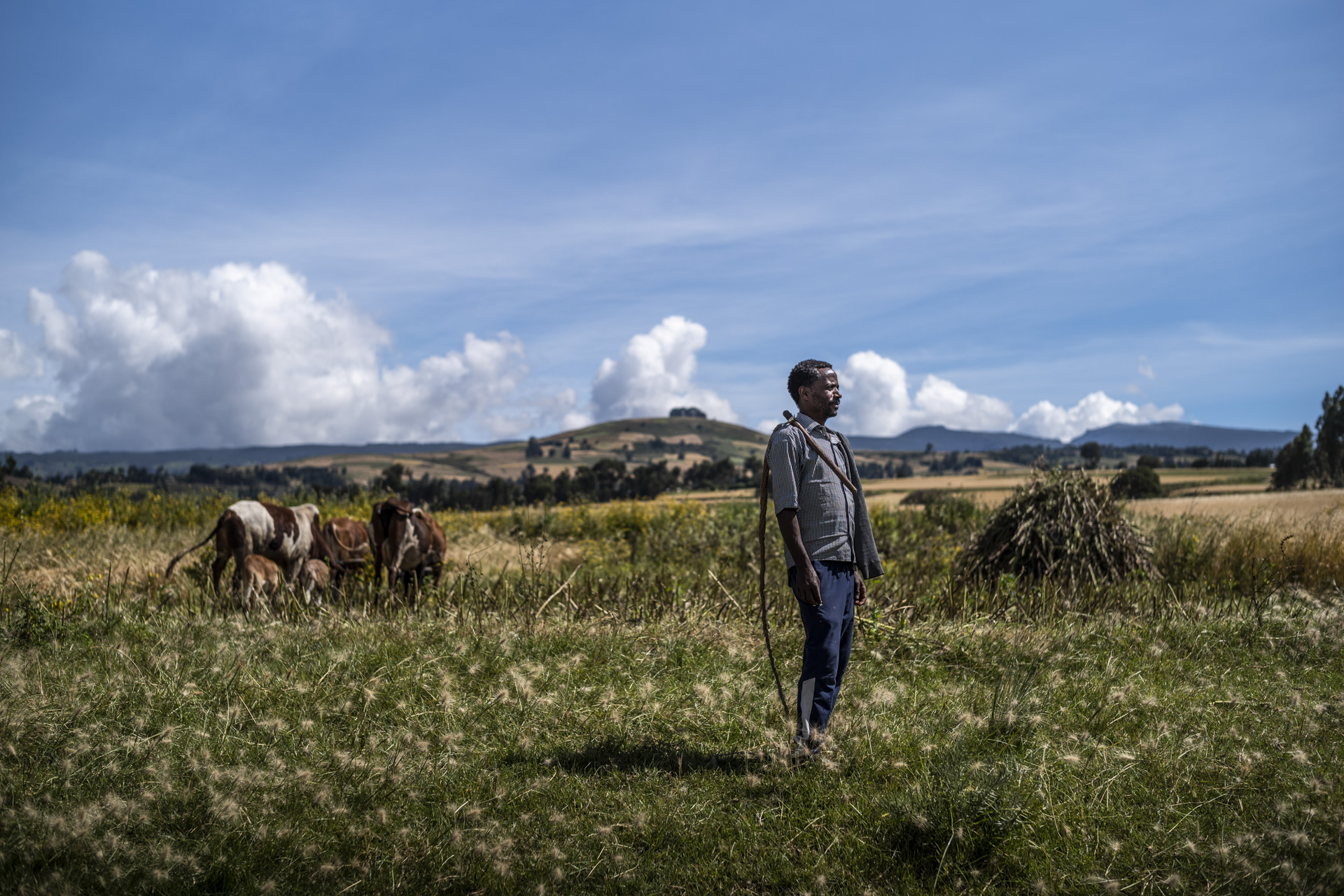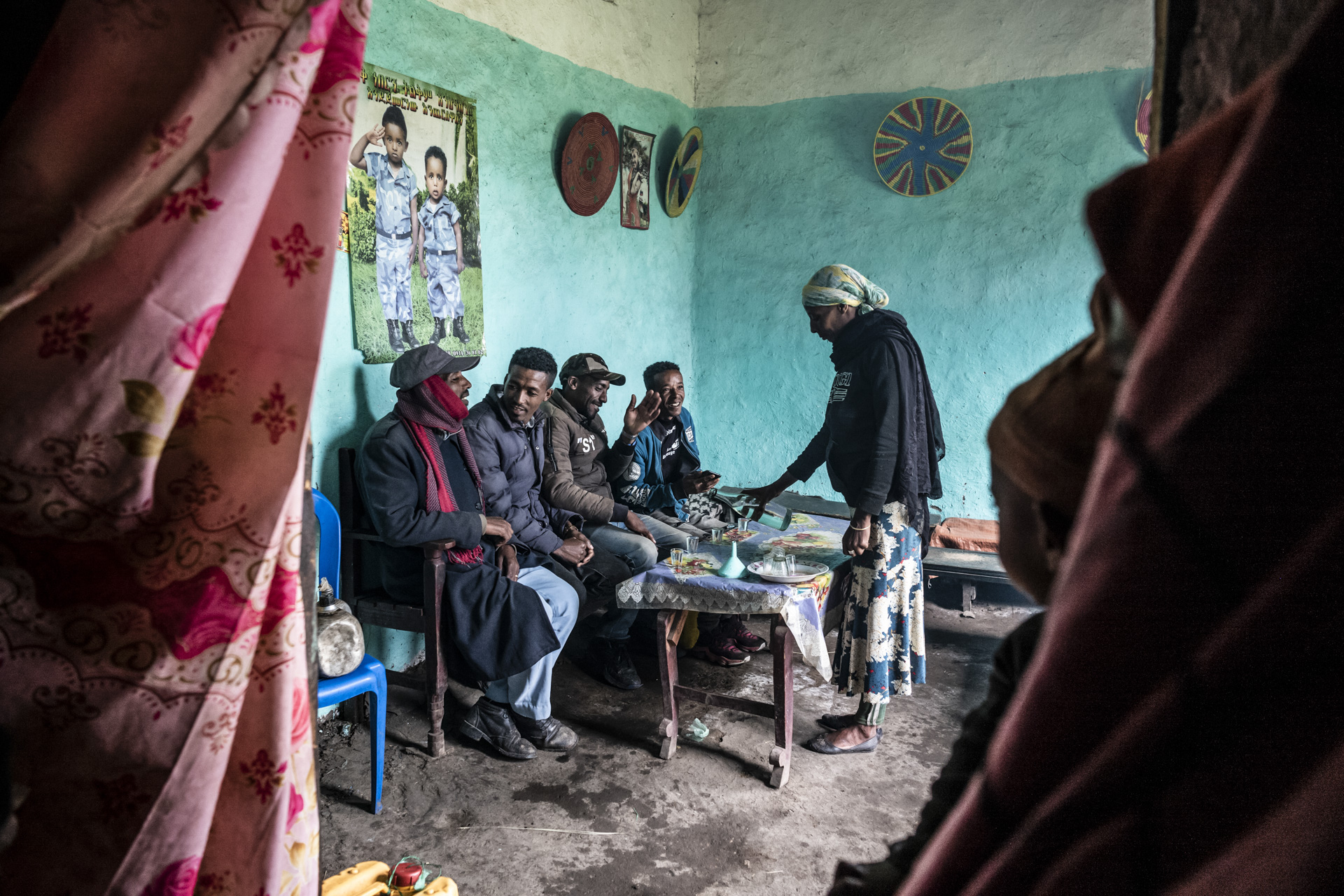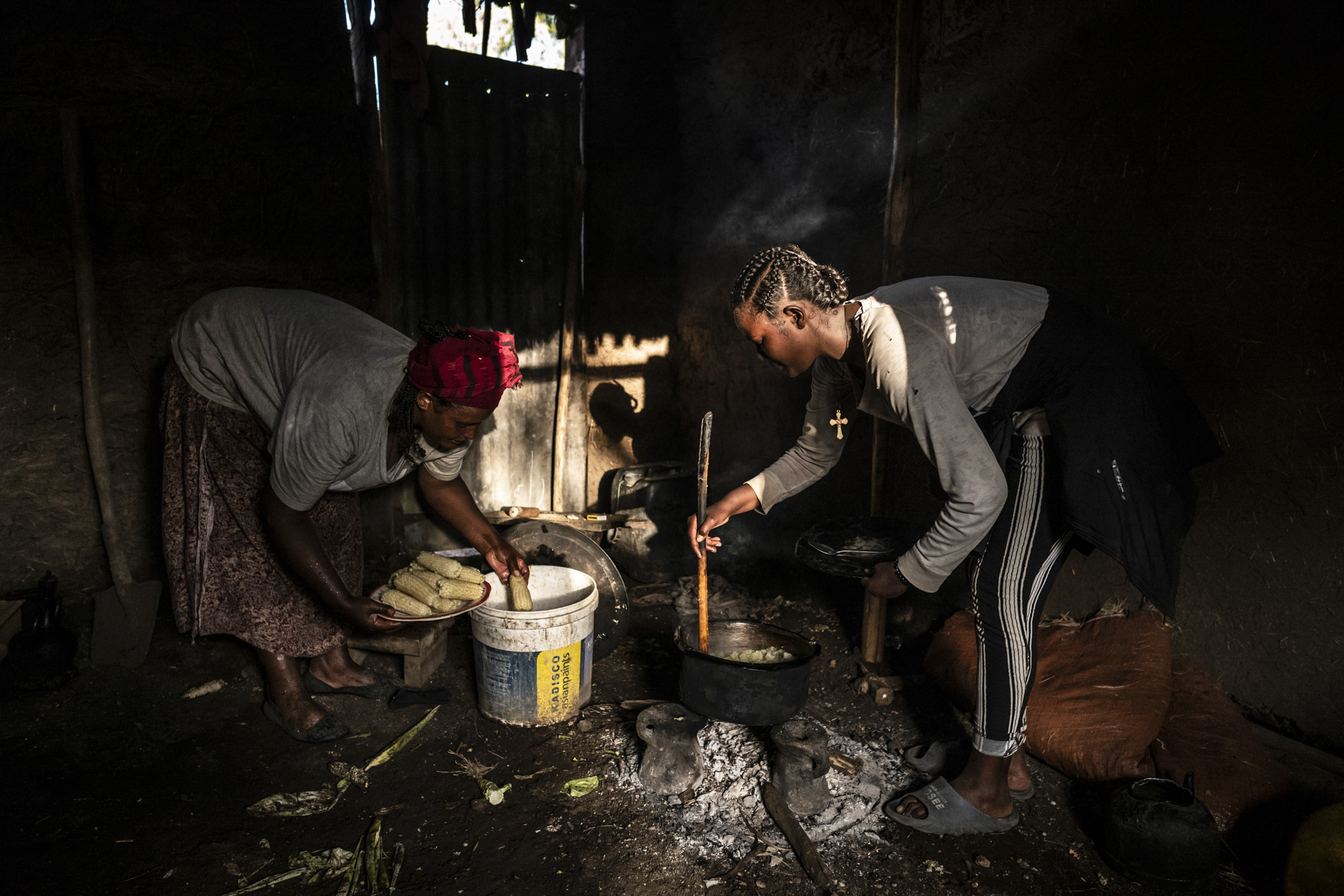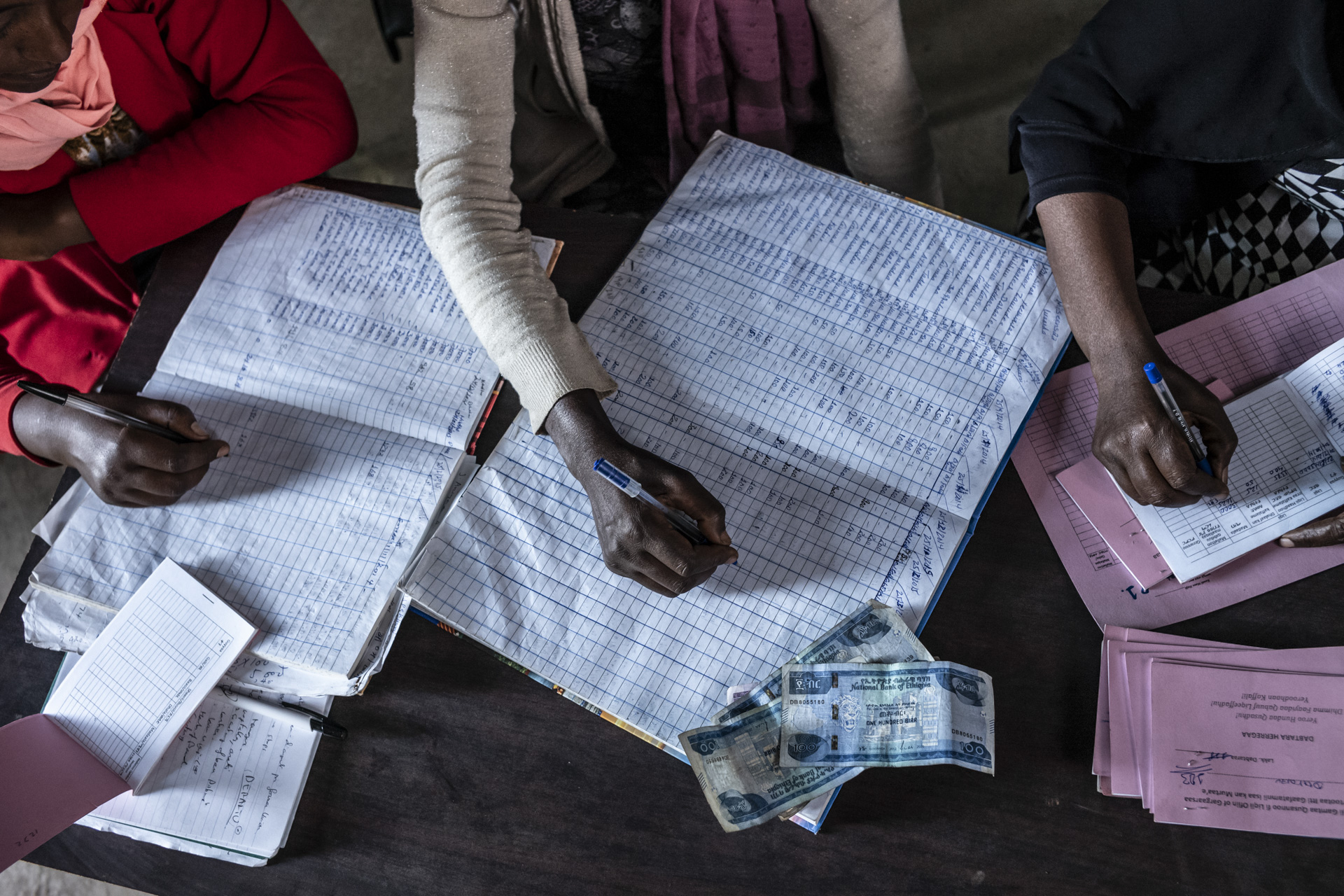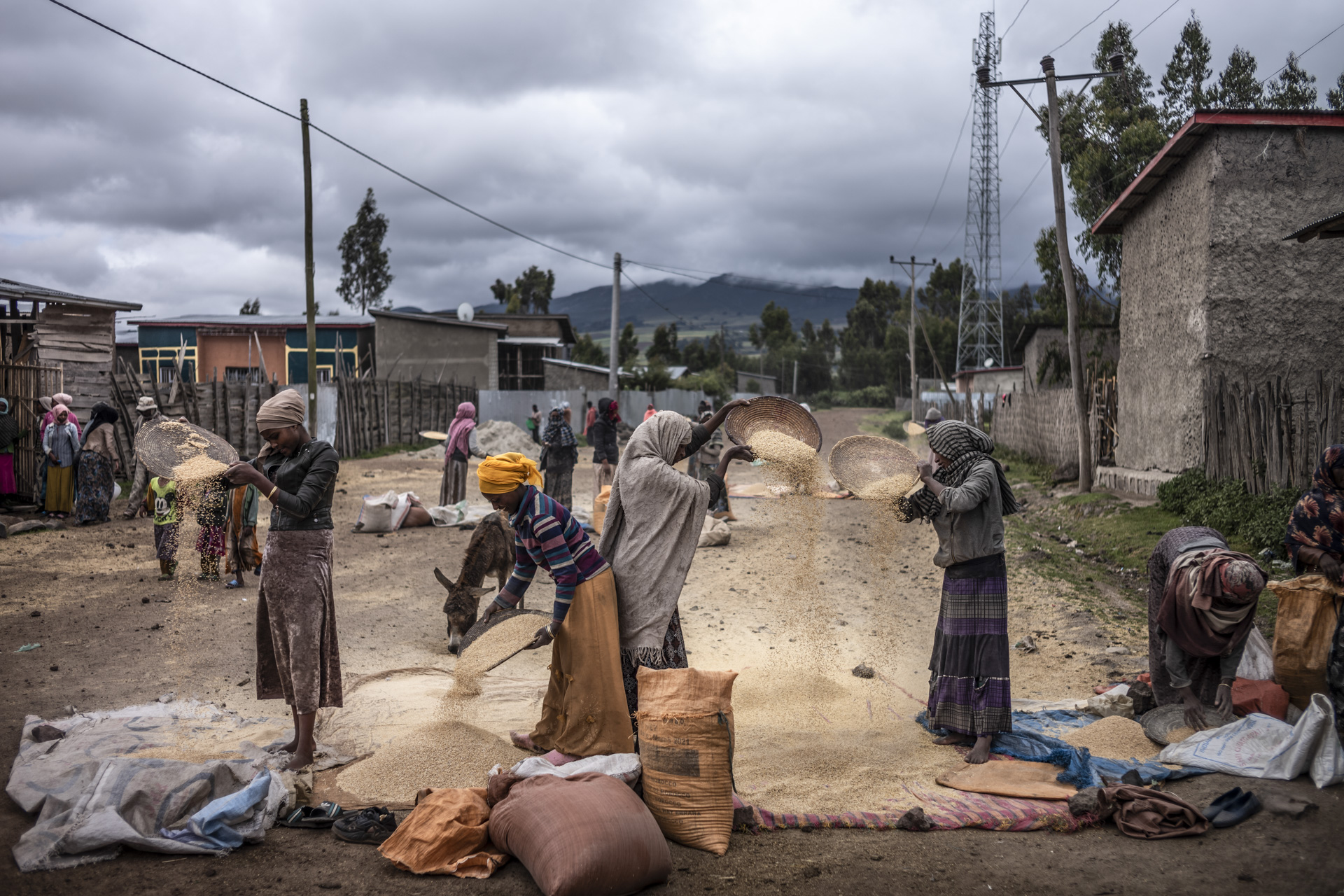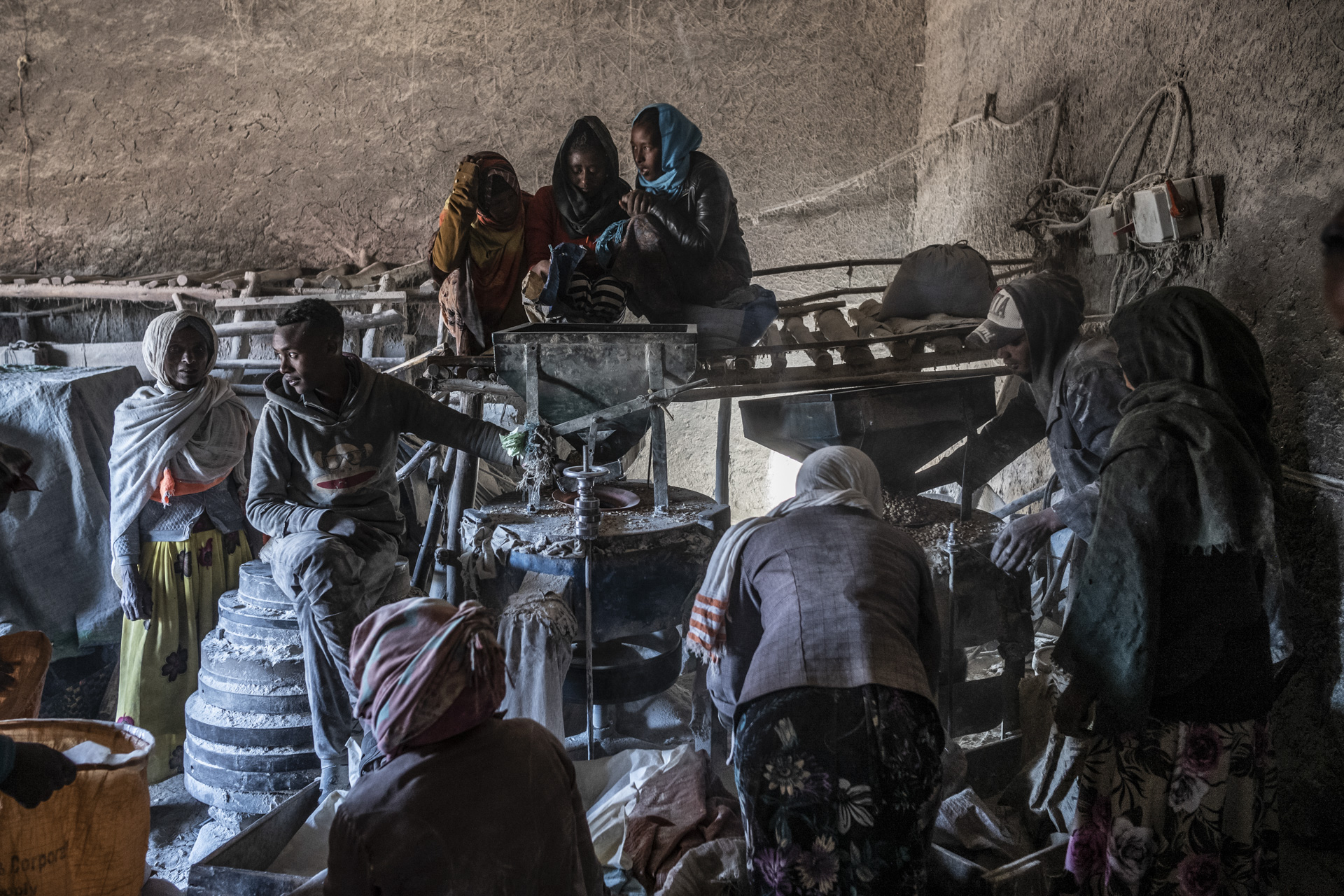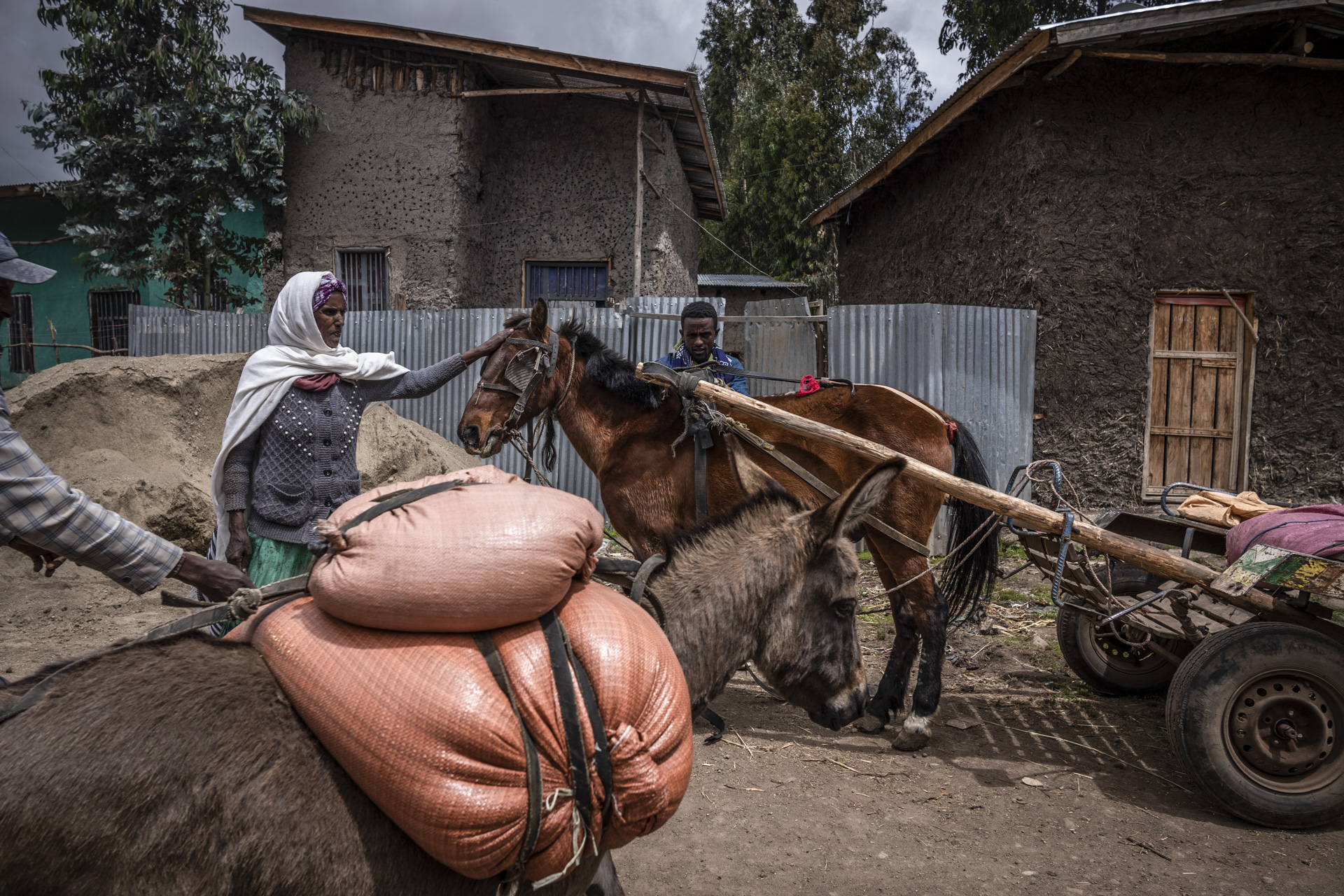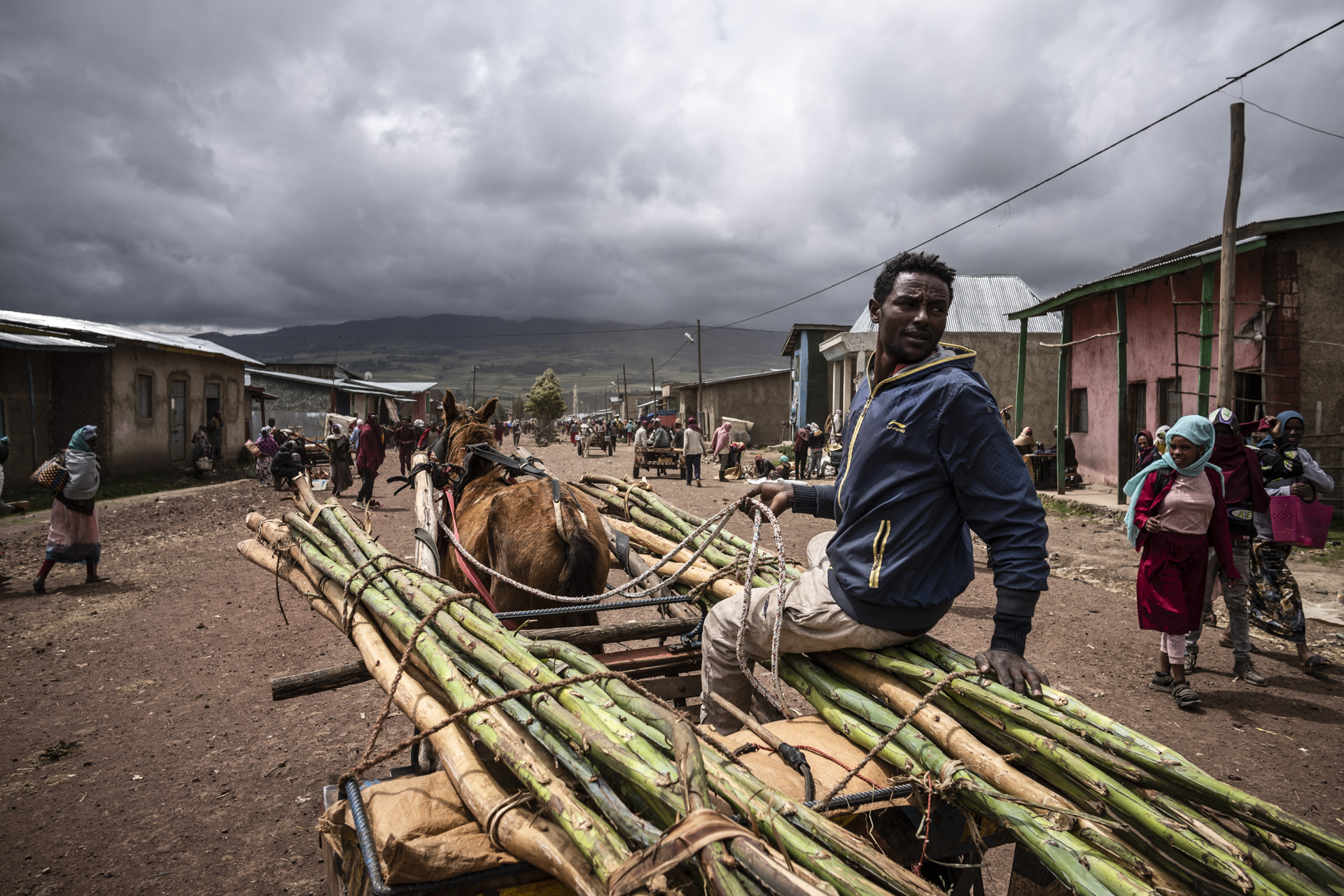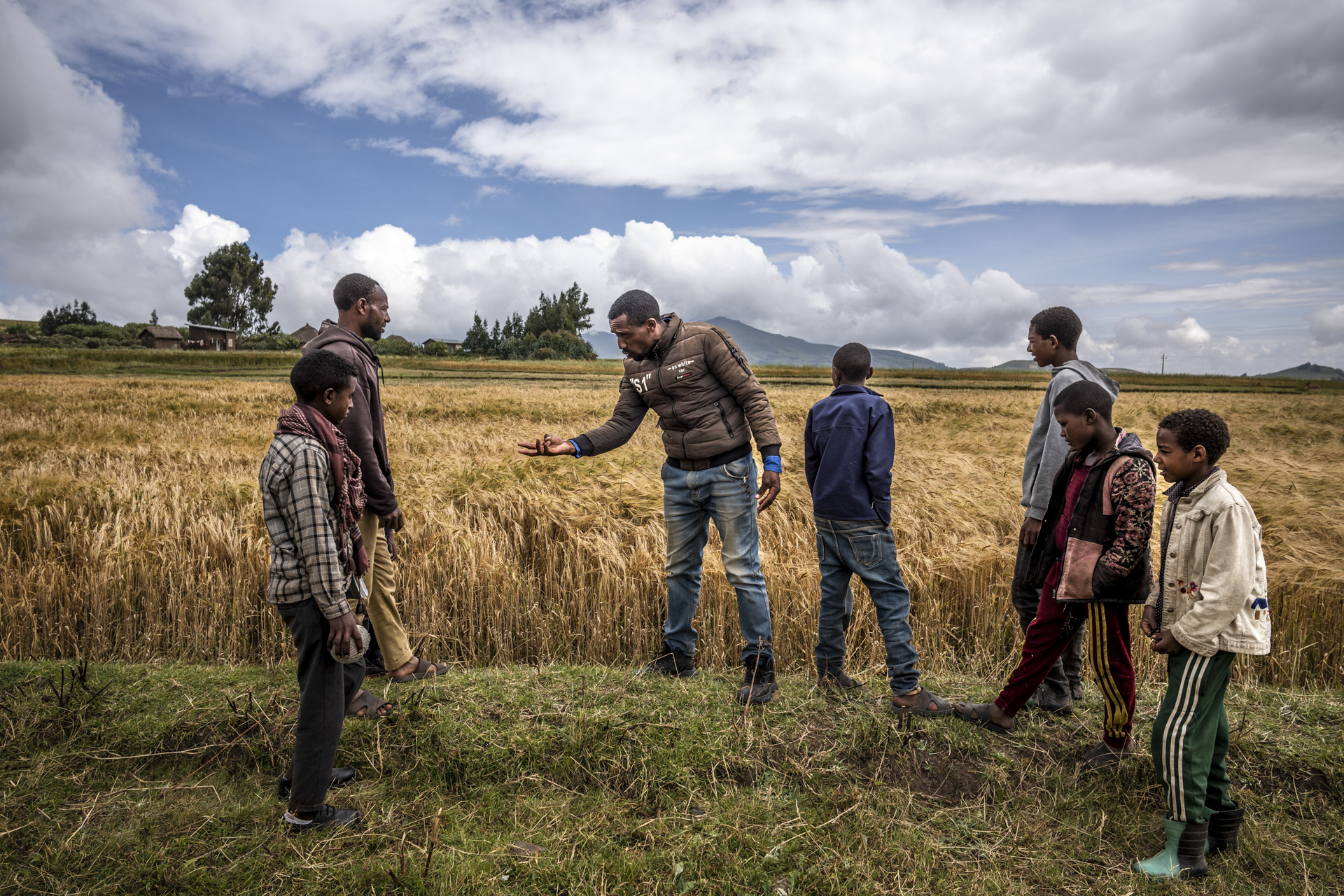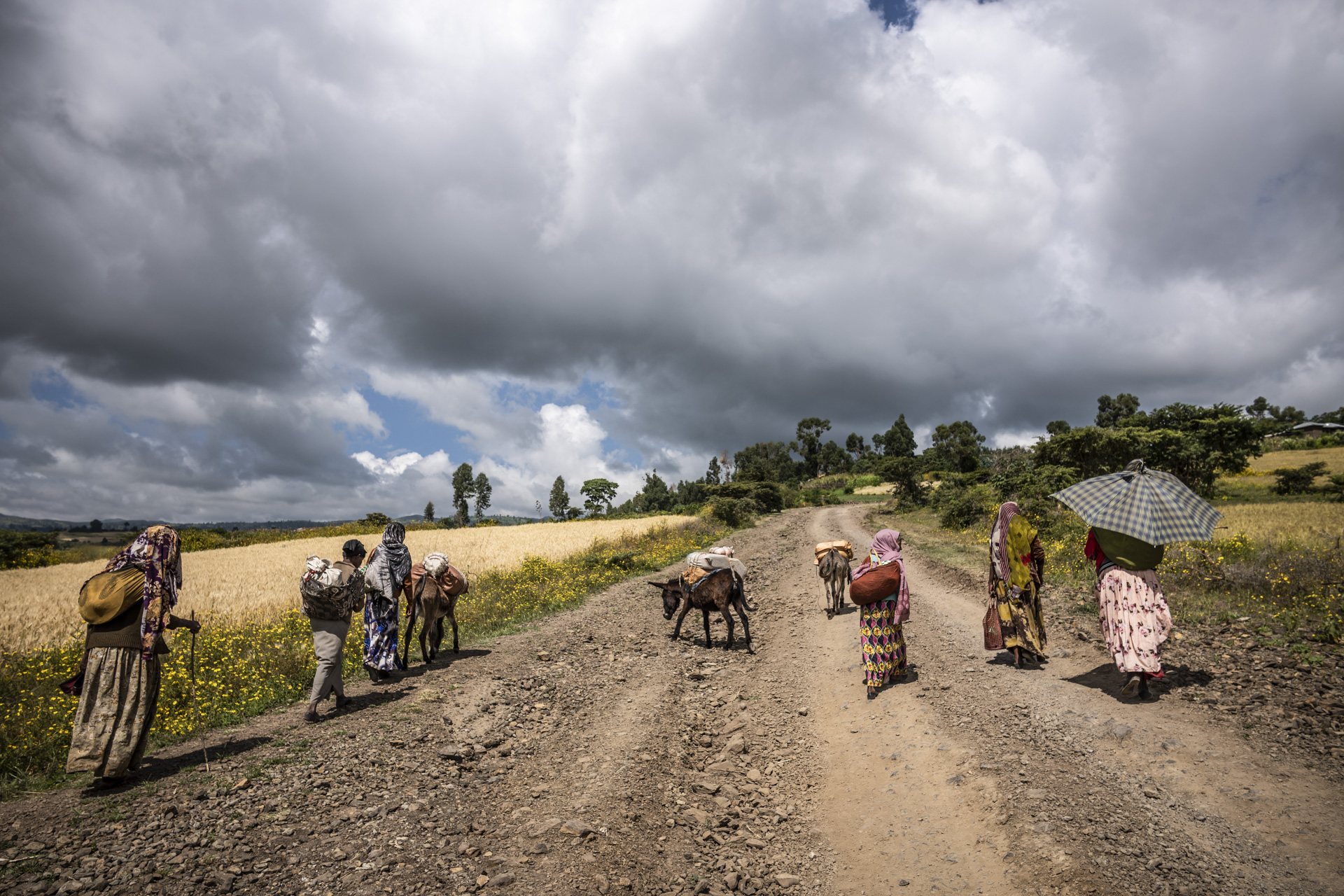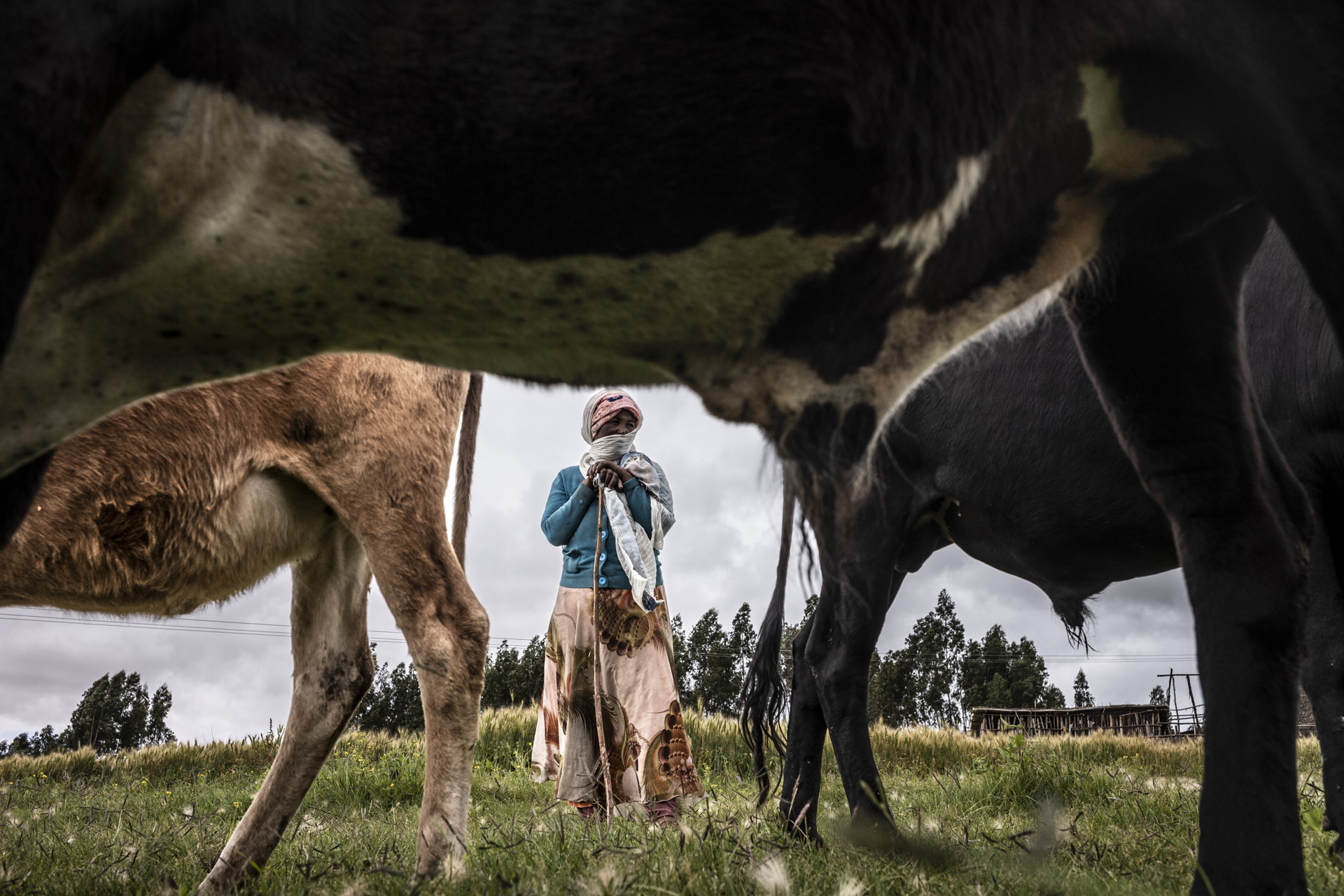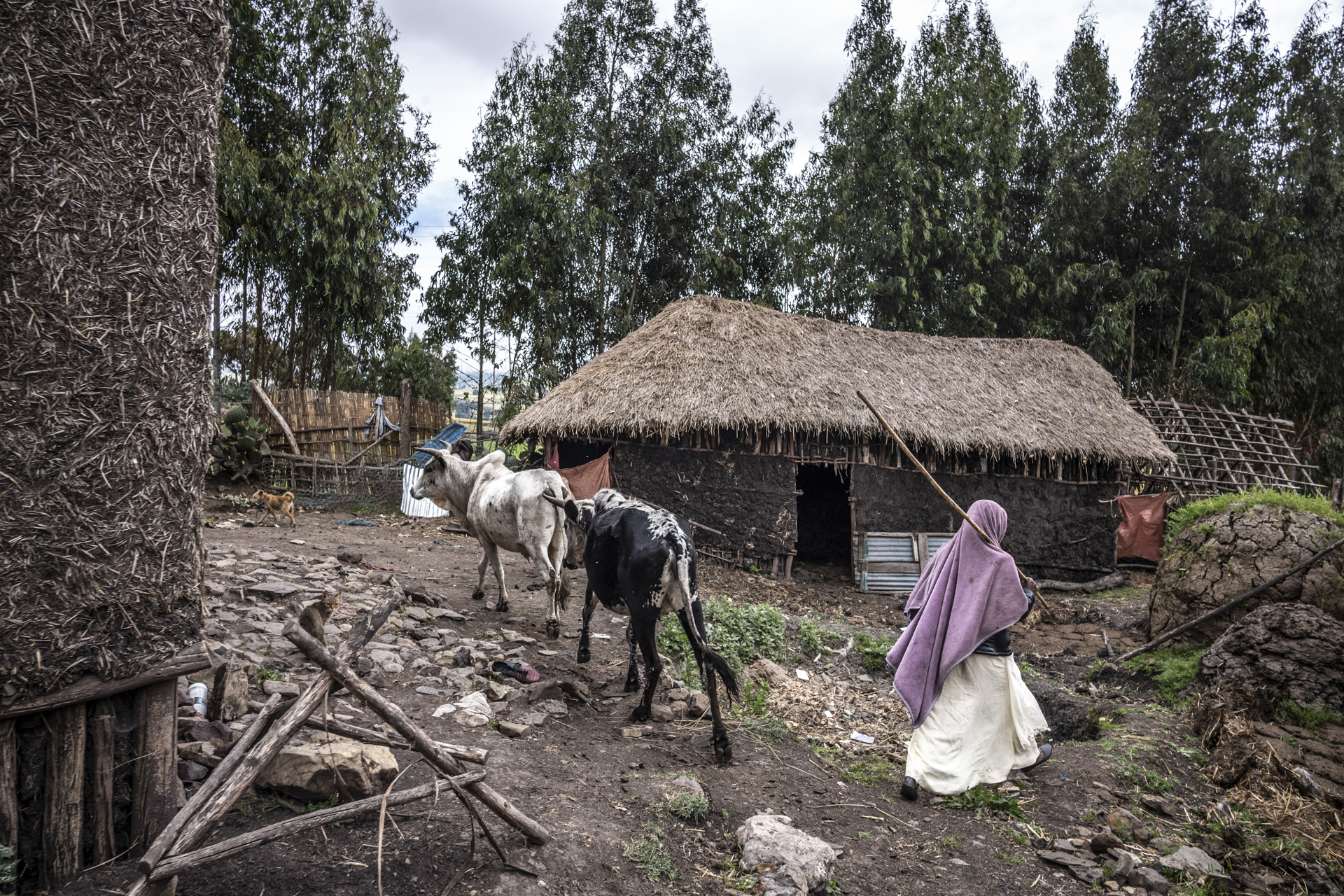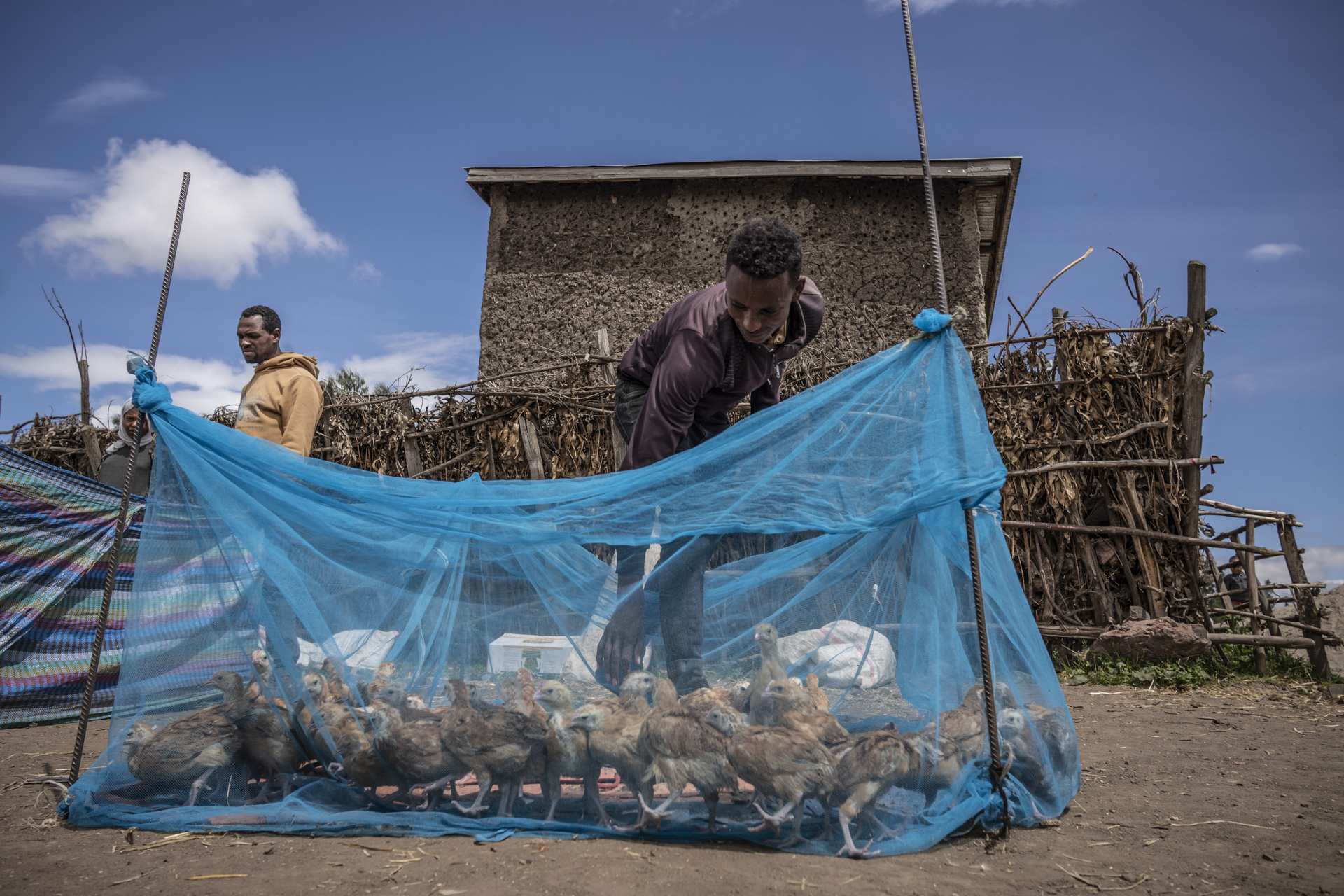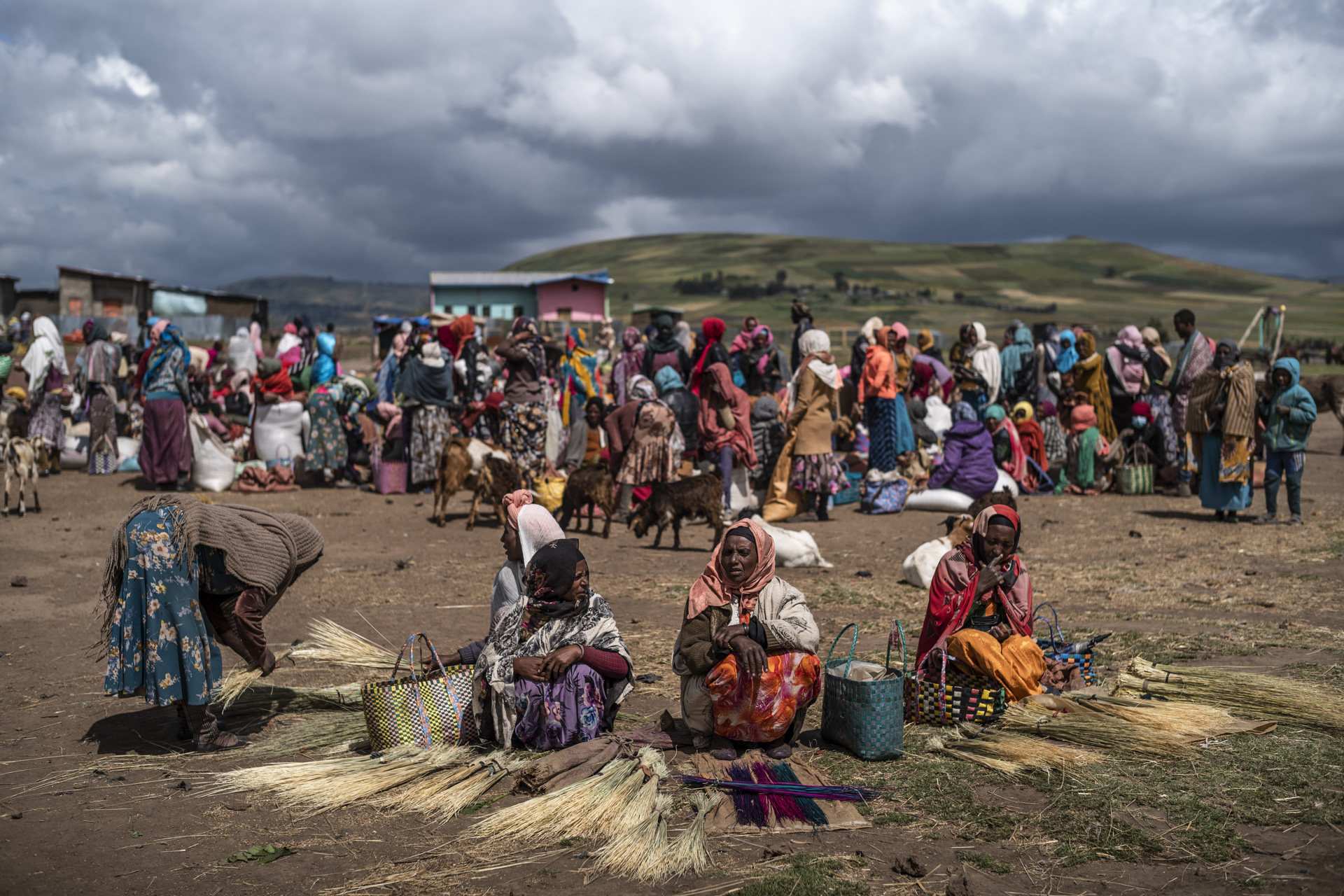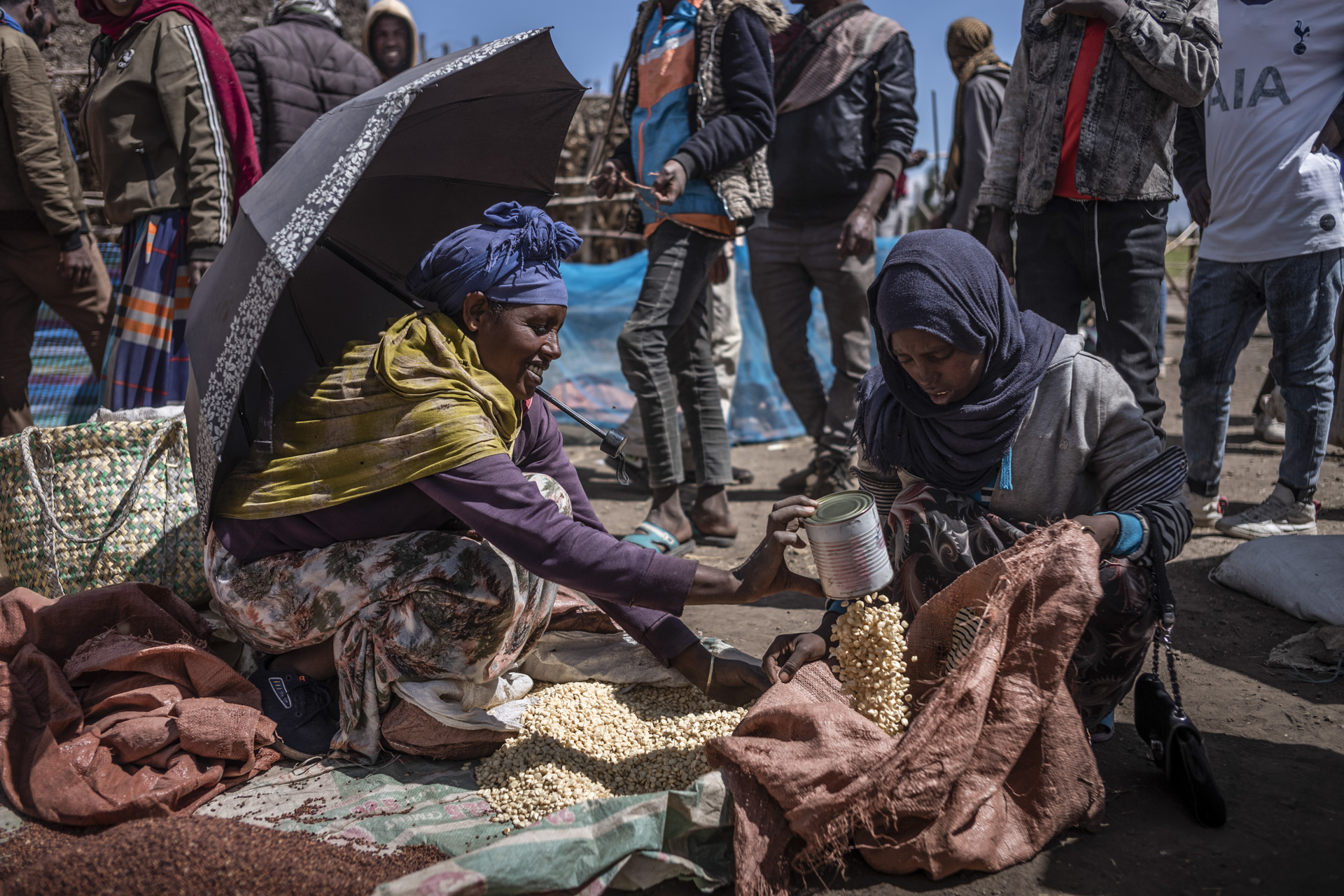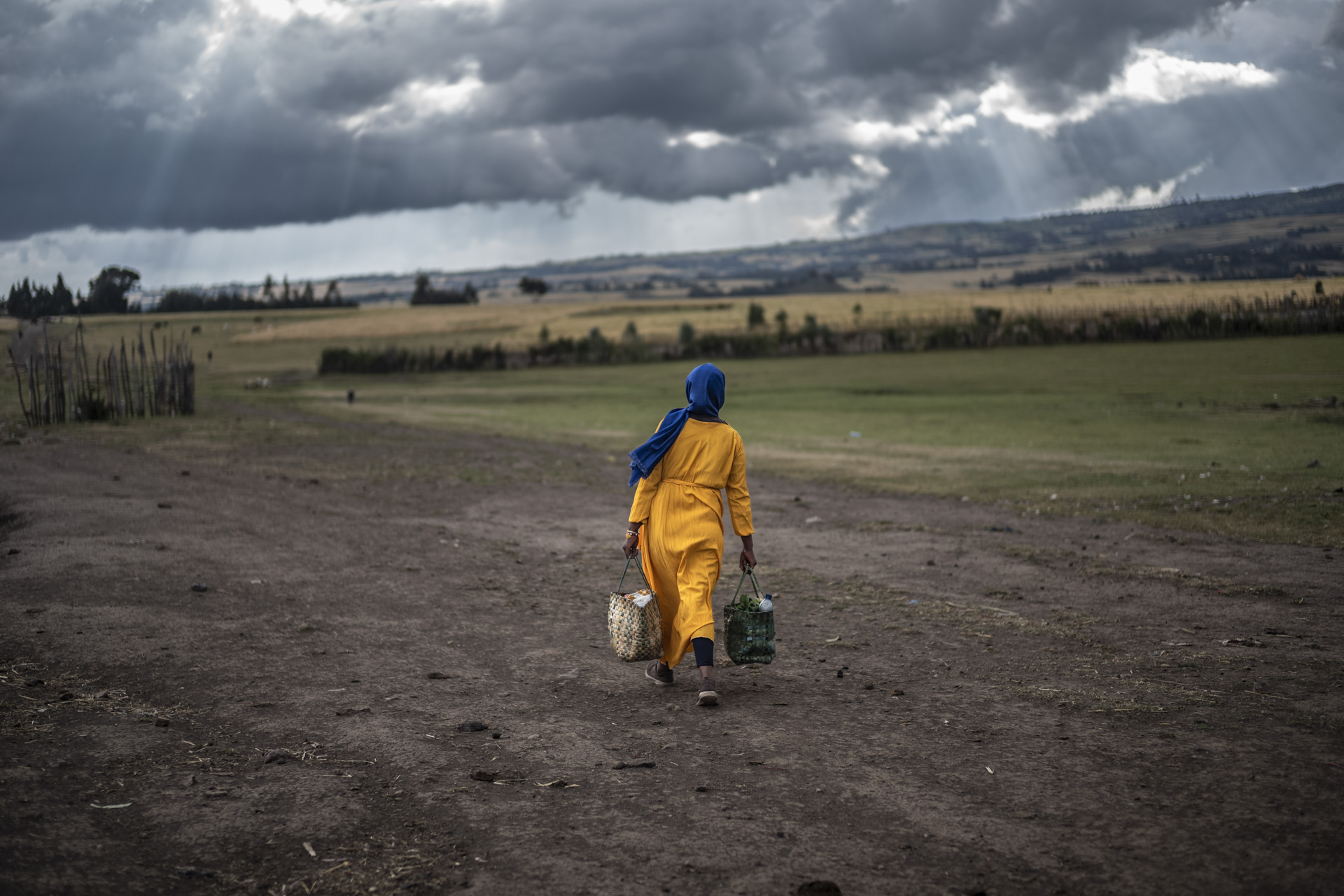Ethiopia has the second largest population in Africa, the majority of whom live in rural areas. There are many obstacles to the development of family farming.
In 1984, Ethiopia died of hunger following droughts and two insurrections. The crisis received worldwide media coverage. In 1985, Bob Geldof organised major charity concerts (Live Aid) in London and Philadelphia.
Today, the country has risen to the challenge of feeding its population despite recurring problems of undernourishment. Moreover, 31% of Ethiopians live on less than $1.25 a day.
Ethiopia still faces a number of obstacles to development, including frequent droughts, a lack of irrigation infrastructure and difficulties in accessing financial services.
In the Arsi zone, right in the centre of the country, small-scale family farmers are facing up to these challenges and demonstrating their resilience. An agro-ecological transition is underway, supported and encouraged by numerous non-governmental organisations, the International Monetary Fund (IMF) and savings and credit cooperatives (SACCOs).
Thanks to this transition, many small-scale farmers are ensuring food security for the local population. Women are becoming emancipated and are playing a major role in this sector.
Attitudes are changing, including farming practices, and the ecological transition is gaining ground.
This approach enables small-scale producers to meet their food needs while preserving the environment.
